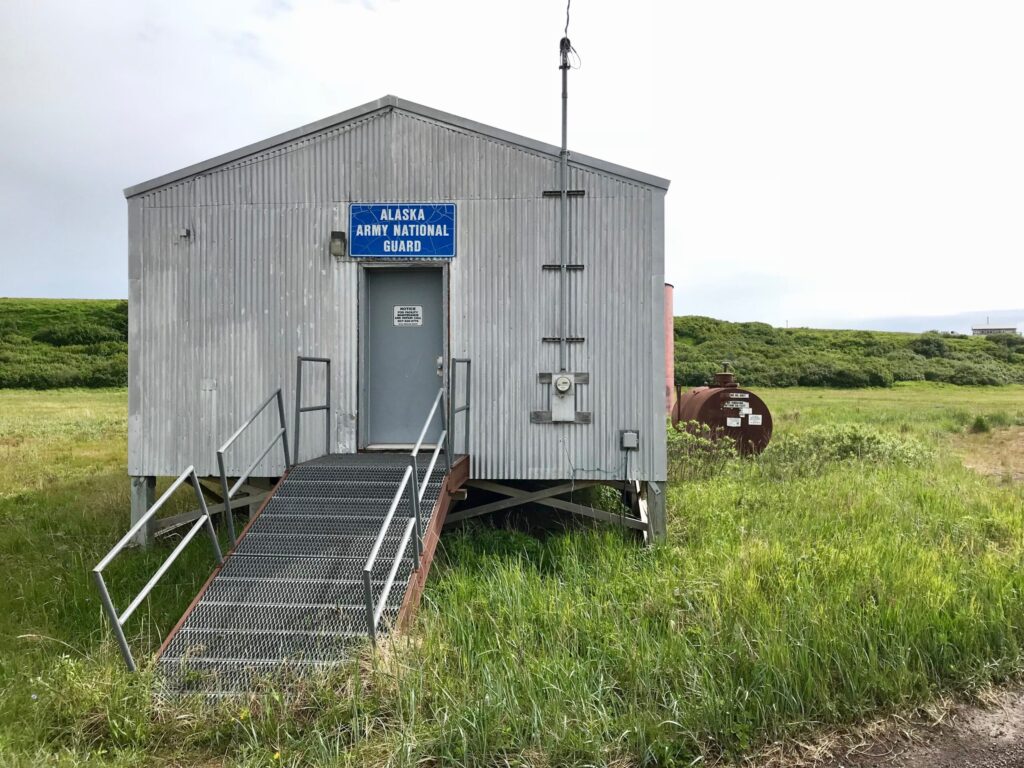From the Aleutian island of Akutan to the Arctic village of Kiana, thirteen communities have been crowned champions of a rural energy competition. The U.S. Department of Energy recently announced that it will help these communities cut their energy use by 15 percent by training local utility providers.
In an effort to spur sustainable energy projects in rural Alaska, the Department of Energy teamed up with the Alaska Energy Authority to organize the RACEE competition.
RACEE stands for the Remote Alaska Communities Energy Efficiency Competition.
Emily Ford works with the Alaska Energy Authority. “It’s an initiative from the Department of Energy to increase energy efficiency in Alaska’s remote communities,” Ford explained.
In total, sixty-four rural communities applied. Each one pledged to reduce its energy consumption by 15 percent.
Phil Koontz is from the Yukon River village of Galena, one of the thirteen winners.
“I’ve been involved in a biomass project to replace diesel-fired boilers with wood chip boilers for the Galena Interior Learning Academy, which is a boarding school in Galena that supports over 200 students,” Koontz explained.
Koontz started working on the biomass project a few years back. Construction will start this summer, and Koontz hopes to fire up the wood chip boilers this fall. While he wasn’t part of Galena’s RACEE application, Koontz said his community is fully committed to becoming more sustainable.
“Fifteen percent energy reduction is just a short-term goal, and I’m hoping for much more than that,” explained Koontz.
Ed Sharten is from Ruby, another Yukon River community and among the thirteen RACEE winners. Like Galena, Sharten says Ruby has been working on sustainable energy projects for a while now. There are solar panels on the laundromat and clinic, both of which are connected to the powerhouse by a waste heat transfer system. Sharten said Ruby has even dabbled in underwater turbines.
“Which did work,” Sharten explained, “but we did have some technical difficulties with brush, etc., getting in the turbine.”
Those technical difficulties are exactly what the Department of Energy and the Alaska Energy Authority are hoping to help with. The Department of Energy’s Pam Mendelson said by training local providers to assemble things like solar panels and biomass boilers, communities can tackle some bigger issues.
“What we really want to do is assist remote communities dealing with the impacts of climate change,” explained Mendelson.
Mendelson said the idea for the RACEE competition came from the commander-in-chief himself.
“When President Obama came up here last fall, he made that commitment on behalf of the administration, and this competition is a direct product of that commitment,” explained Mendelson.
Mendelson says local providers from the thirteen communities will receive technical assistance on the projects of their choice. The winners are also eligible to apply for implementation grants, three to five of which Mendelson expects to hand out later this year.







